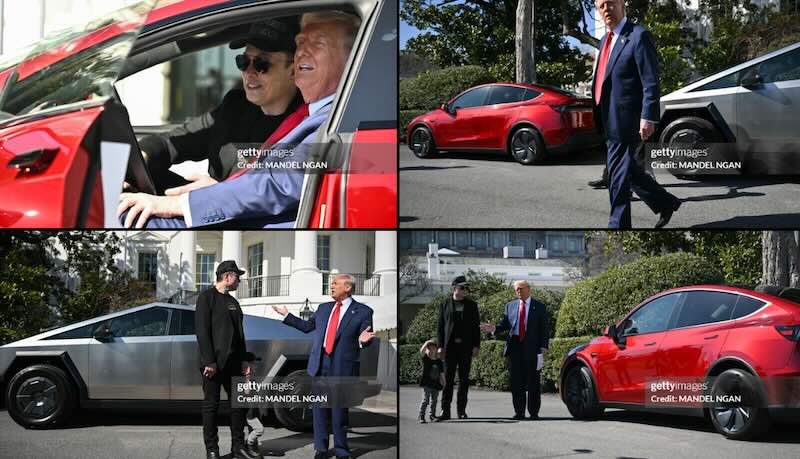The House passed President Trump’s latest tax legislation today, and frankly, it’s packed with surprises that could reshape how Americans finance their next vehicle purchase. Centerpiece? A substantial tax deduction for American-made vehicle loans that doesn’t require itemizing deductions—a game-changer for millions of taxpayers who typically take the standard deduction.
This isn’t your typical tax policy tweak. Running from January 1, 2025, through December 31, 2028, the provision allows taxpayers to deduct up to $10,000 annually in personal vehicle loan interest. However, there’s a catch—or several, actually. Vehicle must be assembled domestically, the loan must meet specific criteria, and higher-income earners face reduced benefits.
The legislation targets personal-use vehicles exclusively, covering cars, SUVs, pickup trucks, vans, motorcycles, ATVs, trailers, and campers. Each vehicle must carry a first lien—meaning the lender holds primary claim if default occurs. Fleet sales won’t qualify, nor will refinancing existing loans without purchasing a new vehicle.
Commercial vehicles used for business purposes fall outside the scope, as do lease agreements and salvage vehicles. The emphasis on “American Made” isn’t just patriotic rhetoric; it’s a hard requirement that could influence purchasing decisions across the automotive market.
Here’s where things get complicated. The deduction begins phasing out once Modified Adjusted Gross Income exceeds $100k for individual filers or $200k for joint filers. Reduction formula subtracts $200 for every $1k over these thresholds, potentially eliminating the benefit entirely for high earners.
This income-based approach means middle-class families stand to benefit most from Trump’s American Made Vehicle Tax Deduction. Upper-income households, meanwhile, might find the benefit negligible or nonexistent depending on their specific financial situation.
Unlike traditional itemized deductions, this benefit operates “above the line.” That means taxpayers can claim it alongside the standard deduction—no need to choose between the two. This structure dramatically expands the potential beneficiary pool, particularly among taxpayers who previously couldn’t justify itemizing.
The refinancing provisions add another layer of complexity. While refinanced loans qualify, the new loan amount can’t exceed the original balance, and the same vehicle must secure both loans. These restrictions prevent taxpayers from gaming the system through inflated refinancing schemes.
The House passage represents just the first hurdle. Senate approval remains uncertain, with several key senators expressing concerns about the legislation’s budgetary impact. 4-year window suggests lawmakers recognize the temporary nature of such incentives, though renewal discussions could emerge before expiration.
Industry analysts predict the deduction could boost domestic auto sales, particularly among manufacturers with significant U.S. assembly operations. Foreign automakers without substantial American production might face competitive disadvantages if the legislation becomes law.
Whether this tax benefit will truly steer American car buyers toward domestic options remains to be seen, but one thing’s certain—Trump’s American Made Vehicle Tax Deduction is ready to take taxpayers for quite the ride.
Related Post
Trump Administration Cuts Red Tape for Autonomous Vehicles, Offering Major Relief to Tesla
Republicans Plan to End $7,500 EV Tax Credit by December 2025, Draft Bill Reveals
